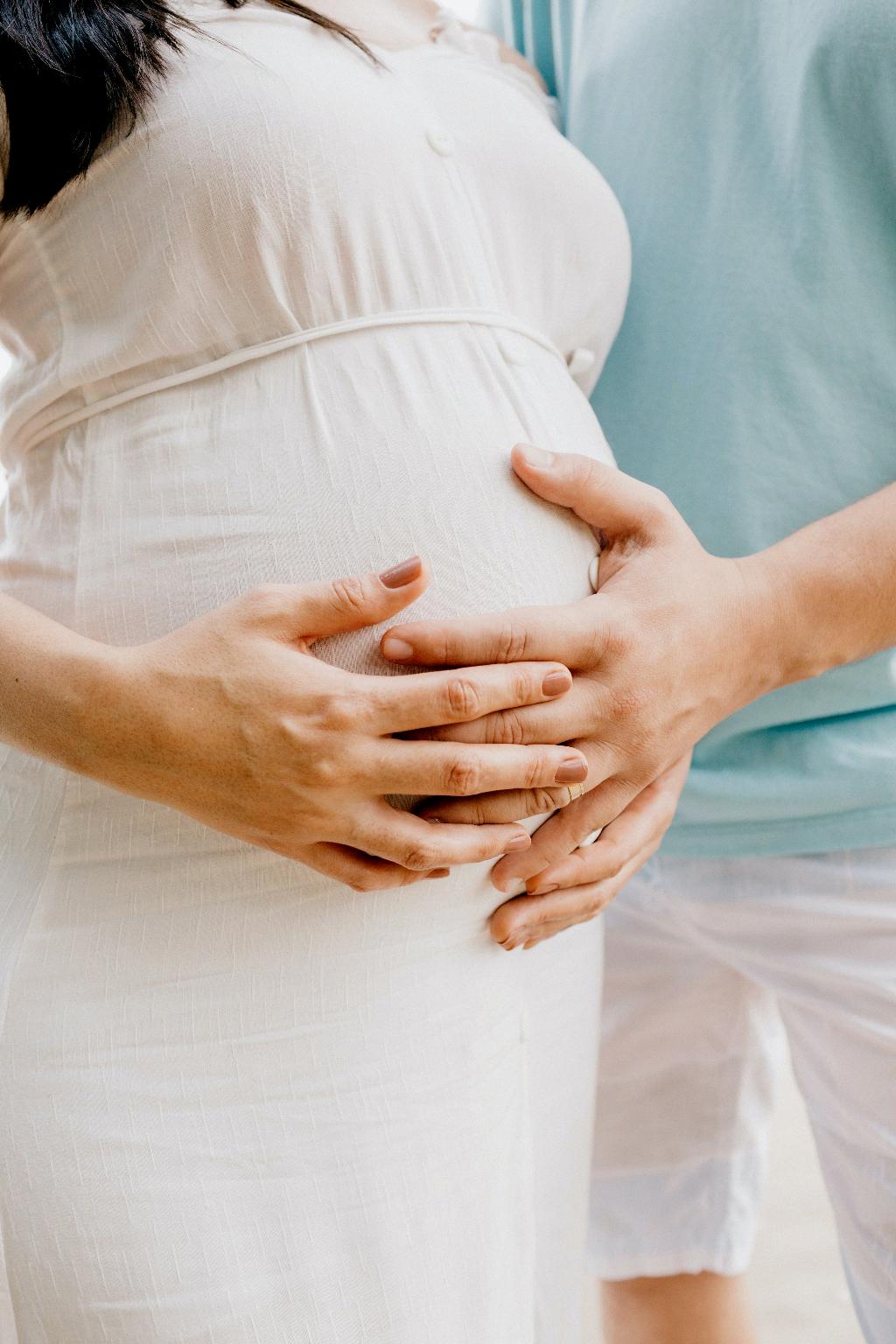When it comes to pregnancy, cramps can be a common occurrence that may leave many women feeling uneasy or unsure of what to expect. One common question that often arises is whether pregnancy cramps feel similar to period cramps. To address this, it’s essential to understand the underlying causes and differences between the two types of cramps.
Exploring Pregnancy Cramps
During pregnancy, your body undergoes significant changes to accommodate the growth and development of your baby. As your uterus expands, it can lead to sensations of pulling, stretching, or tugging within your abdominal region. These sensations are often described as mild cramps that may resemble the discomfort experienced during menstruation.
Comparing Period Cramps to Pregnancy Cramps
Period cramps, also known as dysmenorrhea, occur as a result of uterine contractions that help shed the uterine lining during menstruation. These cramps are often characterized by a dull, aching pain in the lower abdomen and can vary in intensity from mild to severe. While pregnancy cramps and period cramps may share some similarities in terms of location and sensation, there are key differences to consider.
Distinguishing Factors between the Two
One significant difference between pregnancy cramps and period cramps is the underlying cause. Pregnancy cramps are primarily due to the expansion and growth of the uterus to accommodate the developing fetus, whereas period cramps are triggered by the shedding of the uterine lining during menstruation.
Timing and Duration of Cramps
In terms of timing, pregnancy cramps tend to occur later in pregnancy as the uterus continues to expand, leading to mild discomfort in the lower abdominal region. In contrast, period cramps typically occur before or during menstruation and may last for a few days.
Severity and Intensity of Discomfort
While both pregnancy cramps and period cramps can cause discomfort, the severity and intensity of the sensations may differ. Pregnancy cramps are often milder and more sporadic, whereas period cramps can be more intense and consistent, especially in cases of severe menstrual pain.
Consulting Your Healthcare Provider
If you are experiencing cramps during pregnancy and are unsure whether they are normal or concerning, it is always best to consult your healthcare provider. They can provide personalized guidance and advice based on your individual circumstances and help address any potential concerns or complications.
Self-Care Tips for Managing Cramps
Regardless of whether you are experiencing pregnancy cramps or period cramps, there are certain self-care measures you can take to help alleviate discomfort. These may include staying hydrated, practicing gentle exercises, using warm compresses, and getting an adequate amount of rest.
Stay Attuned to Your Body
As you navigate through the various stages of pregnancy, it is essential to stay attuned to your body and listen to its cues. If you notice any unusual or persistent symptoms, such as severe cramping, bleeding, or unusual discharge, be sure to seek medical attention promptly.
Conclusion
In conclusion, the experience of cramps during pregnancy may indeed feel similar to period cramps due to the changes taking place in your body. However, by understanding the nuances between pregnancy cramps and period cramps, you can better discern the underlying causes and seek appropriate care and support when needed.

